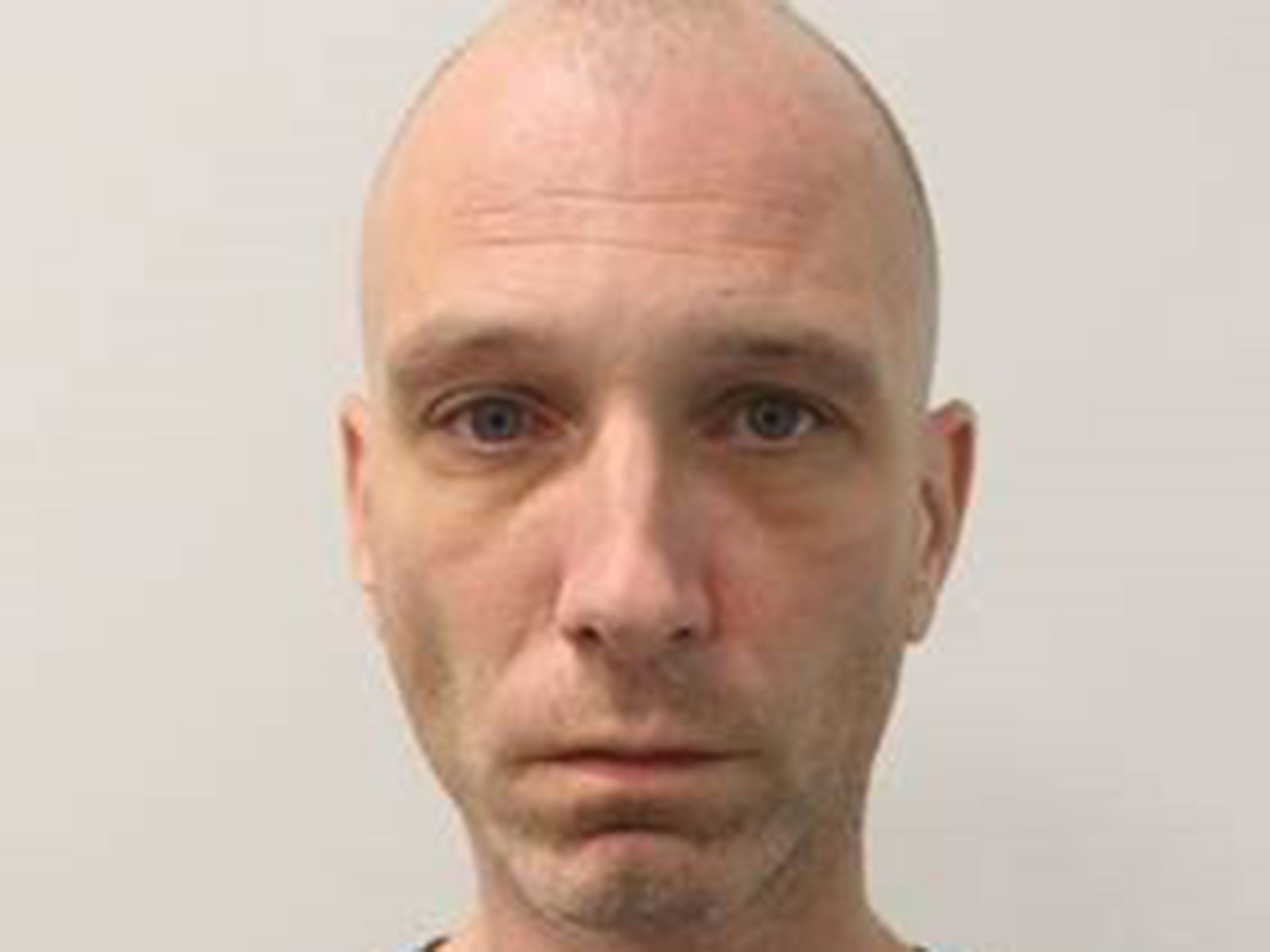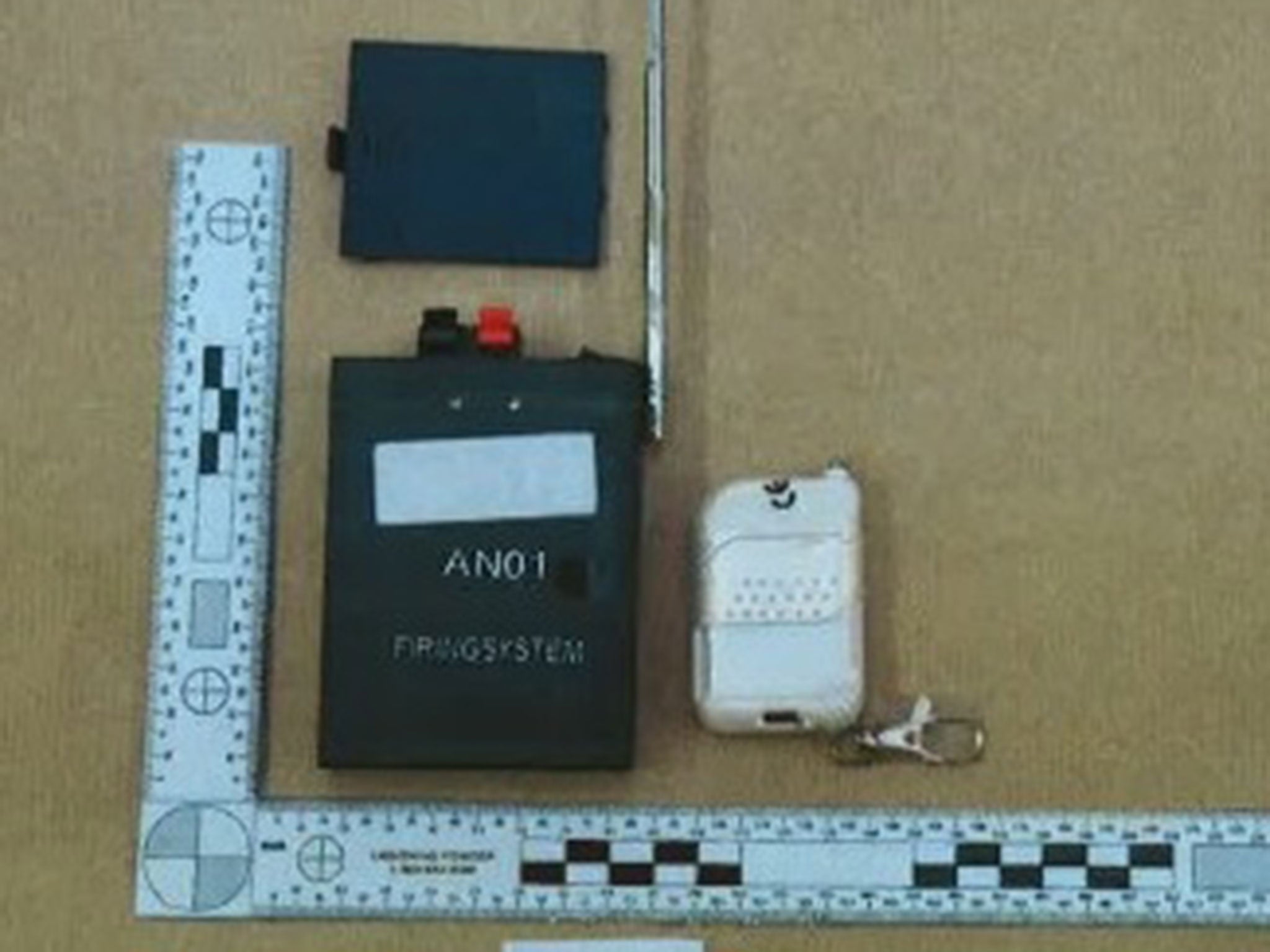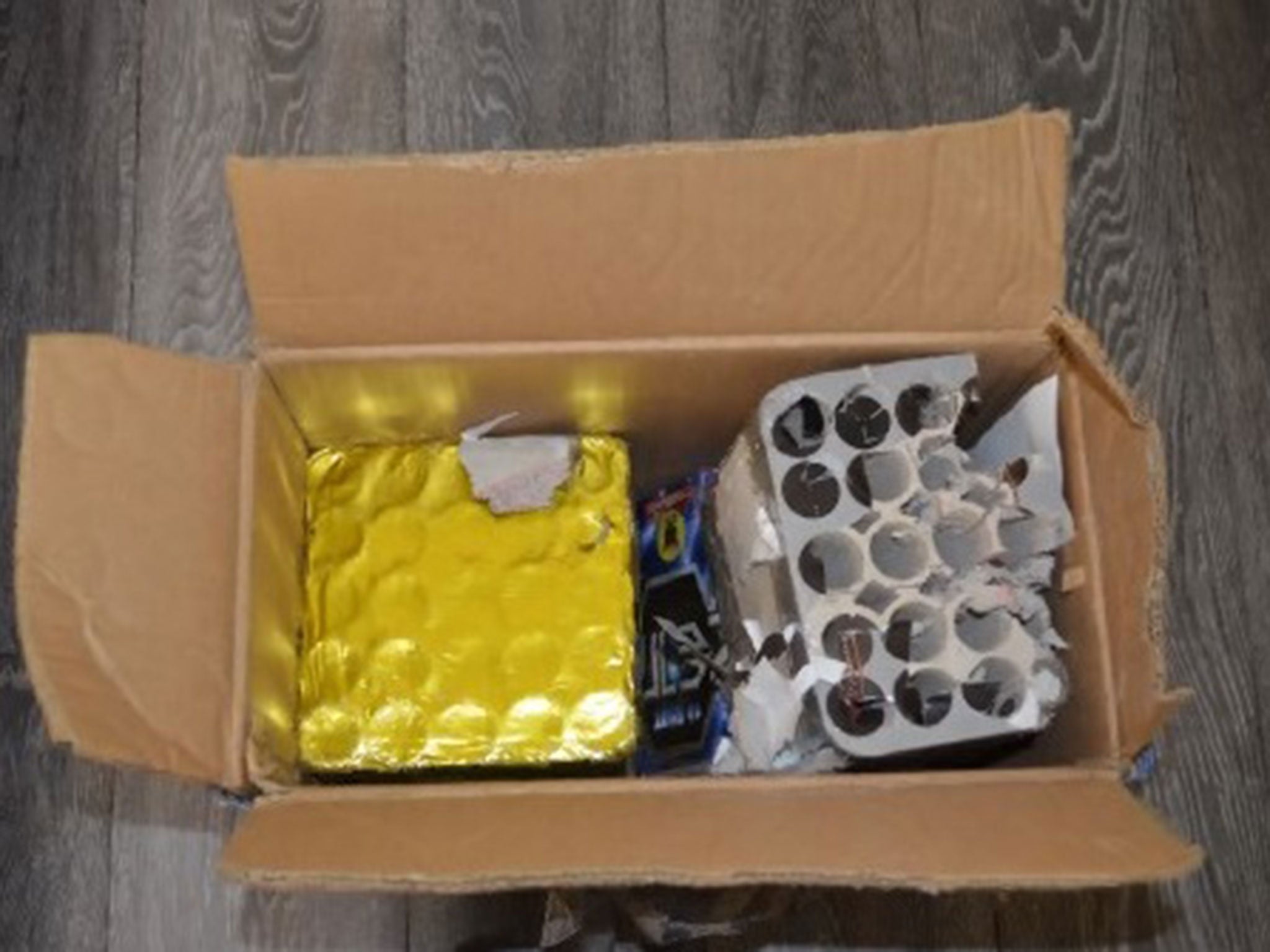Man planned to bomb London mosque in 'revenge' for Manchester Arena attack
'Something bad is going to happen soon,' Steven Bishop wrote as he collected components for device

A man has admitted planning to bomb a mosque in “revenge” for the Manchester Arena terror attack.
Steven Bishop, 41, had collected components for a homemade device and researched how to make explosives on the dark web.
Police said he had searched for sites and videos on the Isis-inspired terror attacks in Manchester, London Bridge and Paris.
Responding to a video featuring victims of the Manchester Arena bombing, he focused on the death of eight-year-old Saffie Roussos.
“Don’t worry something bad is going to happen soon mark my words,” Bishop wrote in October.
The YouTube video had been posted by a small far-right group called Standing For Britain, which claims it is “concerned about the Islamisation of the UK”.
Bishop, of Thornton Heath, was believed to have been planning to target a nearby mosque in Morden in southwest London before his home was raided on 29 October.
Police were alerted by a key worker who had been helping Bishop recover from drug and alcohol addiction.
The woman told officers he had shown her photos of bomb-making components and told her he was intending to target a mosque.
When police first visited Bishop’s home, he claimed he was just planning a firework display at his mother’s house but police found that the fireworks had been tampered with.
He had also collected fuses, a remote control, ignitor, firing device and other equipment to make incendiary devices.
Police said Bishop had bought a smartphone on 18 October, and used his first searches to find instructions on how to access the dark web and conduct covert internet searches.
Two VPN apps had been downloaded on to the phone in an attempt to conceal his activity, but Bishop had left a page open showing him researching explosive detonators and Morden mosque.

A search of his mother’s home found another suitcase full of components for an improvised incendiary device.
Commander Clarke Jarrett, head of the Metropolitan Police Counter Terrorism Command said: “From our investigation it was clear Bishop stockpiled a quantity of fireworks and other component parts with the intention of creating a device that he was intending to use to target a mosque.
“Thanks to the diligence of his key worker in alerting us we were able to intervene before he could progress with his plans any further and crucially, nobody came to any harm.”
Bishop was initially charged with preparing an act of terrorism and making a record of information useful to a person committing an act of terrorism, but prosecutors changed the first count to possession of an explosive substance with intent.
He denied the allegation but changed his plea to guilty on the first day of his trial at Kingston Crown Court.
Bishop had pleaded guilty to the second count, relating to handwritten notes with detailed information on how to make various explosive substances and access the dark web, in March.
He was remanded in custody to be sentenced on Wednesday, following psychiatric reports detailing past mental illness and alcohol and drug addiction.
The case came amid heightened security at UK mosques in the wake of the Christchurch attack, where a white supremacist shot 50 Muslims dead at two mosques.

A mosque was previously targeted in the 2017 Finsbury Park attack, where far-right extremist Darren Osborne ploughed a hired van into worshippers leaving Ramadan prayers.
He also claimed to be retaliating to Isis-inspired terror attacks, as well as grooming gangs, and particularly focused on the Manchester bombing in a period of online radicalisation.
Security analysts have warned of the danger of “reciprocal radicalisation”, where Islamist terror attacks inflame far-right extremism and vice-versa.
Police and intelligence agencies have foiled 14 Islamist and four far-right terror plots since March 2017.
Mr Jarrett said: “Given Bishop was focused upon a mosque, and in light of recent events in New Zealand, we know that Muslim and other faith communities may be feeling particularly concerned and vulnerable.
“Specialist officers continue to provide support and protective security advice to mosques, and indeed all places of worship across the UK on how to best keep their buildings and visitors safe.”
